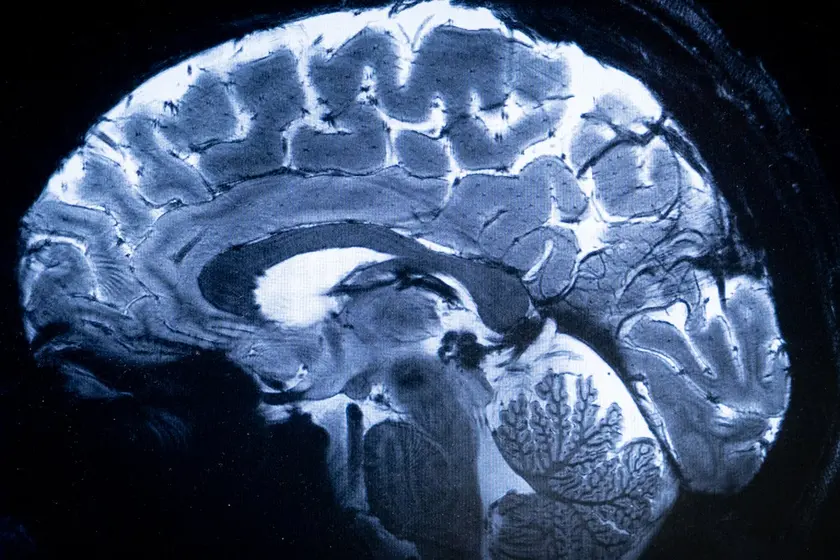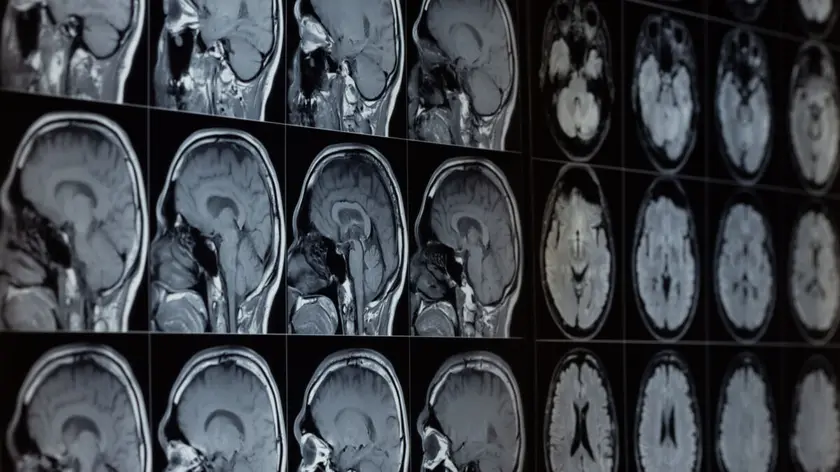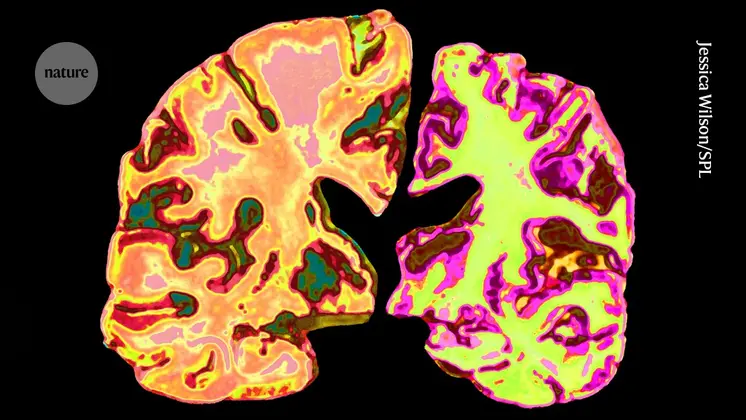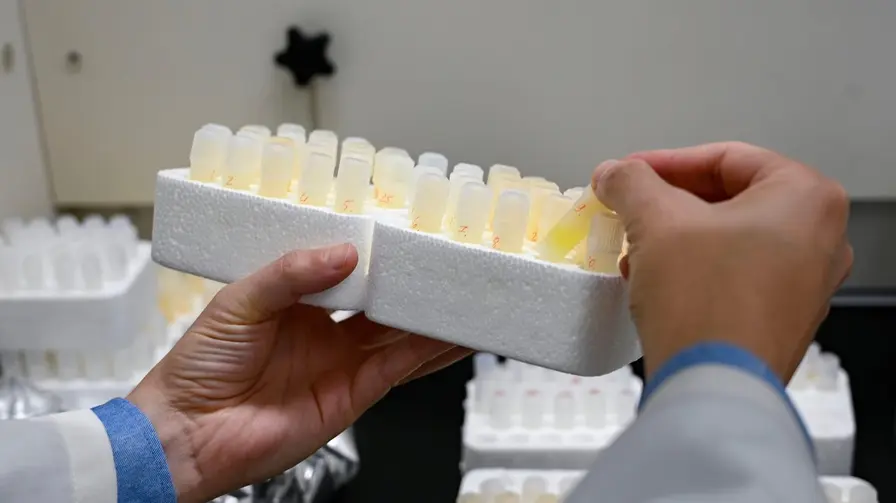T4K3.news
New Harvard study reveals lithium could fight Alzheimer's
Research shows lithium might protect against Alzheimer's in groundbreaking findings.

Harvard researchers reveal new insights into lithium's impact on brain health.
New findings spotlight lithium's potential role in safeguarding against Alzheimer's disease
Research from Harvard Medical School suggests that lithium, a metal commonly used to treat mood disorders, may help protect against Alzheimer's disease. According to a study published in the journal Nature, low lithium levels in mice diets resulted in increased brain inflammation and accelerated aging characteristics that align with Alzheimer's pathology. Moreover, ensuring adequate lithium levels in these mice appeared to mitigate harmful brain changes. This opens the door for potential new treatments and diagnostic tests targeting the approximately 6.7 million Americans affected by Alzheimer's. Renowned scientists express hope that these findings could lead us closer to understanding Alzheimer's mechanisms and contribute to better management strategies.
Key Takeaways
"It is a potential candidate for a common mechanism leading to the multisystem degeneration of the brain that precedes dementia."
Dr. Bruce Yankner describes the significance of lithium in Alzheimer's research.
"We're skeptical at first about the result because it wasn’t expected."
Dr. Yankner reflects on the surprising discovery of lithium's role.
"The lithium treatment data we have is in mice, and it needs to be replicated in humans."
Dr. Yankner stresses the need for human studies following the mouse research.
"Consistently finding lower lithium levels in the brains of people with memory loss amounted to a smoking gun."
Dr. Yankner emphasizes the relevance of the study's findings in human cases of Alzheimer's.
The implications of this research extend far beyond mice. If further studies in humans confirm lithium's protective benefits, we may witness a paradigm shift in how we understand and treat neurodegenerative diseases. As Dr. Bruce Yankner, the study's lead author, commented, lithium may represent a common pathway involved in brain degeneration. This could lead to bipolar disorder treatment evolving as a dual-purpose strategy for Alzheimer's prevention. Yet, caution is necessary; the temptation to self-medicate with lithium supplements without robust human trials could pose serious health risks.
Highlights
- Could lithium be a key ally against Alzheimer's?
- New research may reshape Alzheimer's treatment strategies.
- A diet rich in lithium could protect brain health.
- Lithium might be essential beyond mental health.
Concerns over lithium supplementation
The study suggests lithium may play a critical role in brain health, prompting interest in supplements. However, self-medication poses risks due to potential toxicity and lack of established human dosage guidelines.
Future research could change our understanding of aging and cognitive impairment.
Enjoyed this? Let your friends know!
Related News

New study shows lithium may protect against cognitive decline

New study reveals lithium's potential in Alzheimer’s treatment

New study reveals lithium's potential role in Alzheimer's prevention

New study links lithium deficiency to Alzheimer's disease

New study links lithium deficiency to Alzheimer's risk

New study reveals lithium’s potential in treating Alzheimer’s

Lithium shows potential for Alzheimer's treatment

Harvard lithium study renews hope for Alzheimer's treatment
